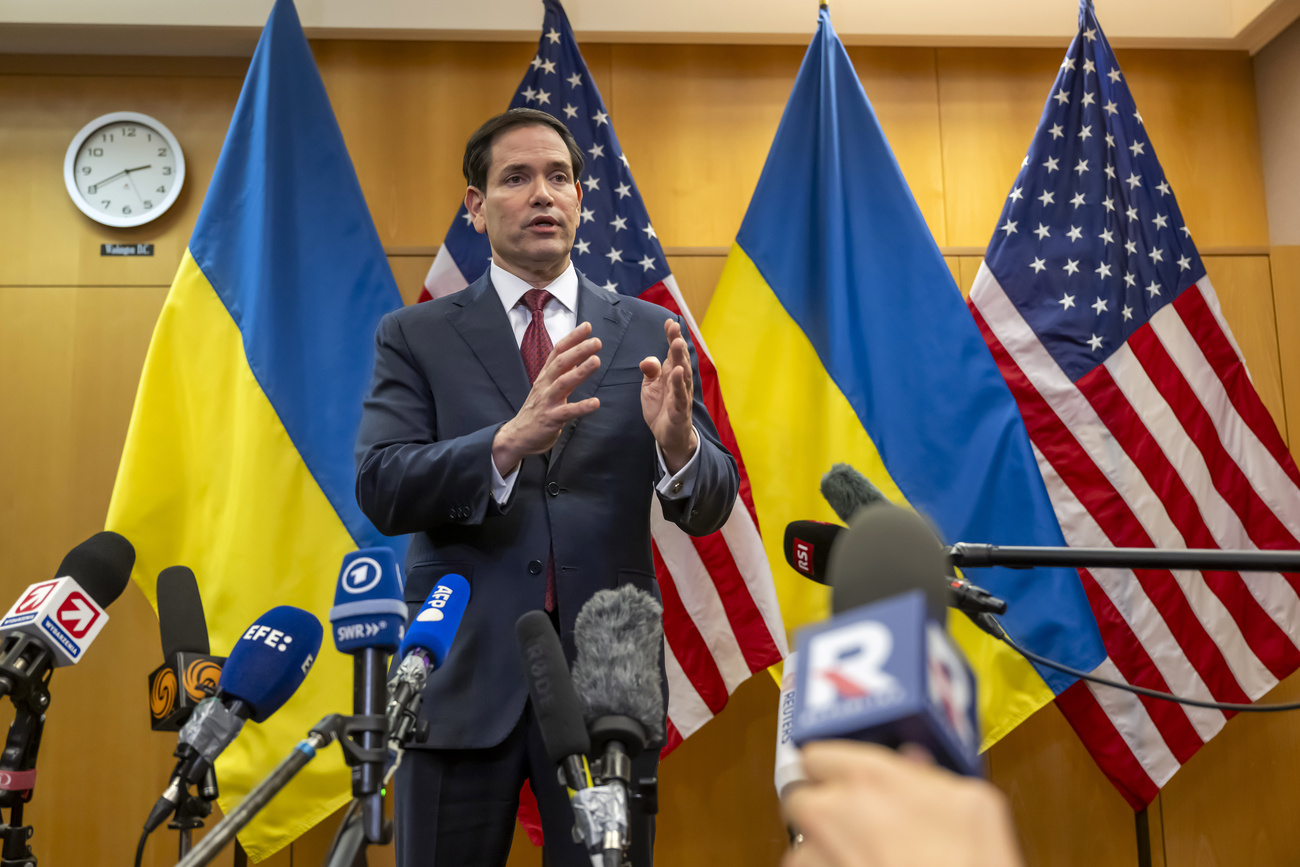
CHF200,000 awarded to protein synthesis pioneer

Nenad Ban of the federal technology institute ETH Zurich has been selected to receive the 2018 Otto Naegeli medical research prize for his work on ribosomes.
BanExternal link, originally from Croatia, is a professor of structural biology and was chosen for his work on ribosomes – large, complex molecules within our cells that are responsible for producing proteins, based on our genetic blueprint.
Over the course of his 18-year career at ETH Zurich, Ban helped to describe the precise atomic structure of ribosomes in eukaryoticExternal link cells – the type of cell found in higher organisms like plants, fungi and animals, as opposed to bacteria. This information is important for understanding how these “protein factories” function in healthy as well as unhealthy cells and for developing human medicines.
Awarded every two years, the Otto Naegeli PrizeExternal link is one of Switzerland’s most prestigious scientific honours. It will be awarded, along with CHF200,000 ($209,000), on April 10 in Zurich, according to an ETH Zurich press releaseExternal link. The prize was created in 1960 in memory of a University of Zurich researcher and teacher of internal medicine.

In compliance with the JTI standards
More: SWI swissinfo.ch certified by the Journalism Trust Initiative




























You can find an overview of ongoing debates with our journalists here . Please join us!
If you want to start a conversation about a topic raised in this article or want to report factual errors, email us at english@swissinfo.ch.